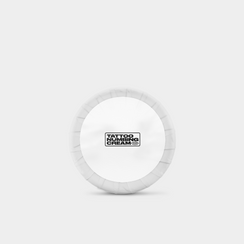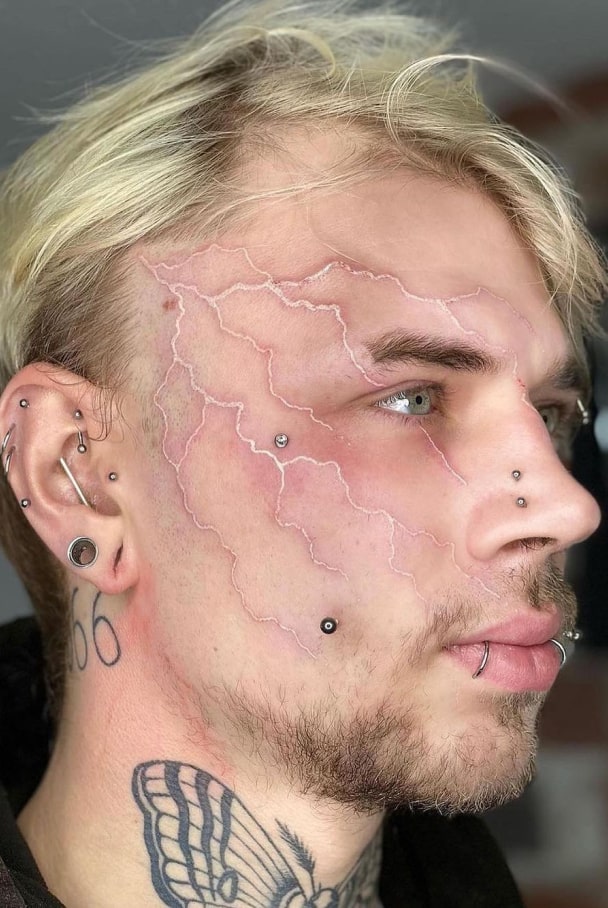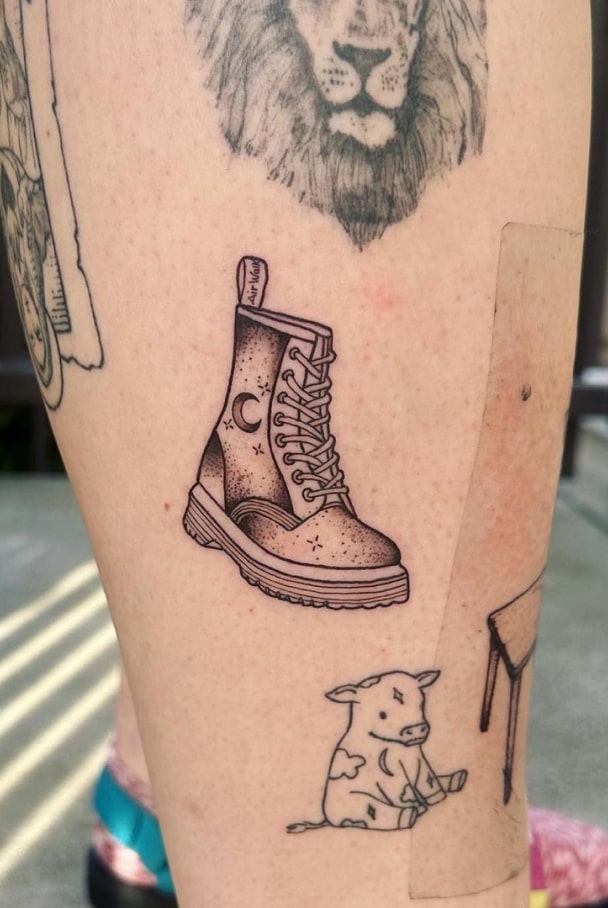Polynesian tattoos, rich in history and cultural significance, are traditional expressions of identity, spirituality, and social status among the people of the Pacific islands. Rooted deeply in their traditions, these tattoos have evolved in time, influencing modern tattoo artistry while preserving their unique heritage.
The Origins of Polynesian Tattoos
Tattooing in Polynesia dates back over 2,000 years. The word "tattoo" itself is derived from the Polynesian word "tatau," which means to strike. This name reflects the traditional method of tattooing, where a comb-like tool made from bone or shell is dipped in ink and struck with a mallet to embed the ink into the skin. This process was not only a rite of passage but also a deeply spiritual act, often accompanied by rituals and chants.
Symbolism and Meanings
Polynesian tattoos are characterized by their intricate patterns and specific meanings. Each design tells a story, representing various aspects of the wearer's life, beliefs, and heritage. Some common symbols and their meanings include:
- Enata: Human figures that represent ancestors, gods, and significant people in the wearer's life.
- Shark Teeth (Niho Mano): Symbolizing protection, guidance, and strength.
- Tiki: Human-like figures representing deities and ancestors, believed to offer protection.
- Ocean (Moana): Reflecting the significance of the ocean in Polynesian culture, representing life, fertility, and persistence.
- Spearheads: Denoting courage and warrior spirit.
Each tattoo is unique, designed to suit the individual's personal history, achievements, and social status. For instance, warriors might have tattoos signifying their bravery and victories in battle, while priests might bear symbols representing their spiritual journey and wisdom.
The Tattooing Process
The traditional tattooing process is an elaborate and often painful ritual, reflecting the wearer's endurance and commitment. In ancient times, the process could take weeks or even months to complete, with the individual undergoing multiple sessions. The tattoos were applied by a skilled artist known as a "tufuga," who would use specialized tools made from bone, tusks, or turtle shells.
The ink, made from natural ingredients like soot and plant extracts, was applied with precision to ensure the patterns were symmetrical and aligned with the body's natural contours. This meticulous process resulted in stunning, bold designs that were both aesthetically pleasing and deeply symbolic.
Cultural Significance
Polynesian tattoos are a vital part of the culture and heritage of the Pacific Islands. In many Polynesian societies, tattoos were a mark of social status, indicating the wearer's rank, achievements, and genealogy. They were also a rite of passage, marking significant life events such as puberty, marriage, or the transition to adulthood.
For men, tattoos often covered large portions of the body, including the arms, legs, and torso, while women typically had more delicate designs on their hands, feet, and lips. These tattoos were not only a source of personal pride but also a way to honor one's ancestors and gods.
Modern Influence and Resurgence
In recent years, there has been a resurgence of interest in Polynesian tattoos, both within the Pacific Islands and globally. Modern tattoo artists have embraced the traditional designs, incorporating them into contemporary tattooing styles while honoring their cultural significance.
Celebrities and public figures sporting Polynesian tattoos have also contributed to their popularity. For example, Dwayne "The Rock" Johnson, of Samoan descent, proudly displays his traditional Polynesian sleeve tattoo, which has inspired many fans to explore the rich heritage of these designs.
Moreover, the revival of traditional tattooing practices within Polynesian communities has helped preserve this ancient art form. Festivals and cultural events often feature live tattooing sessions, where skilled artists demonstrate the traditional techniques and educate the public about the history and meanings behind the designs.
Conclusion
Polynesian tattoos are a timeless blend of art and heritage, often considered the original form of tattooing. Their intricate designs and deep meanings have fascinated people for centuries. Choosing a Polynesian tattoo is more than a style statement; it's a connection to a vibrant and enduring culture that laid the groundwork for the tattooing practices we see today.








